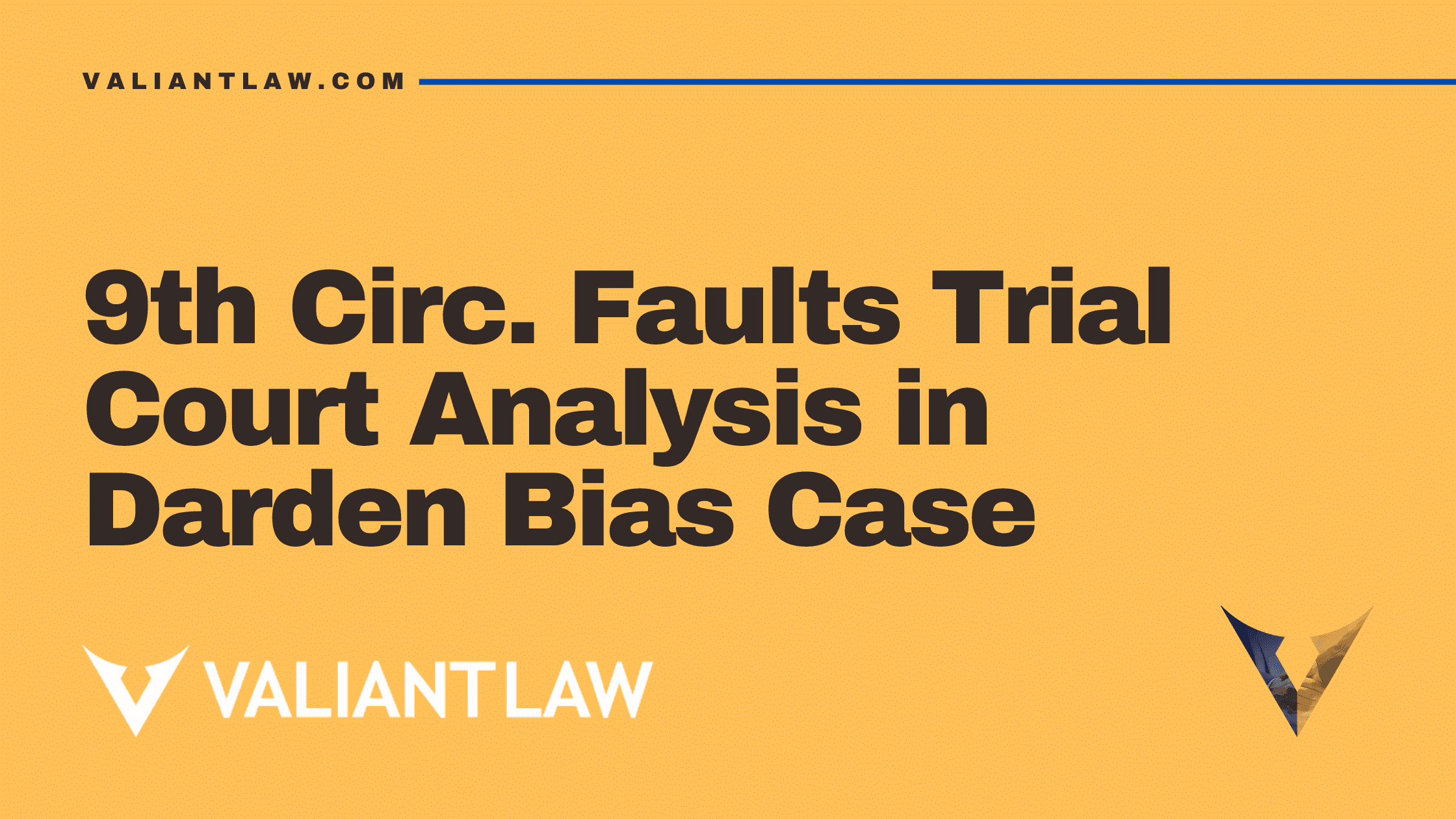Darden Restaurants Inc. is headed back to trial court over allegations that certain wage policies encouraged sexual harassment and racially disparate wages, after the Ninth Circuit held the suit may have been dismissed for meritless reasons.
The US Court of Appeals for the 9th Circuit said a lower court needs to assure it had jurisdiction under the US Constitution over the suit by One Fair Wage Inc. (a non-profit advocating for elimination of subminimum wages for tipped employees).
The trial court signaled that the group may not have established organizational standing under Article III of the US Constitution, but then dismissed the case after concluding the group lacked the standing to sue under Title VII of the 1964 Civil Rights Act.
The most recent decision by the justices “strongly suggests that statutory standing questions” like whether One Fair Wage can sue Darden as a nonemployee on behalf of its members are nonjurisdictional, the court said.
If they are, then the US District Court for the Northern District of California’s dismissal for lack of Title VII standing addressed the merits prior to ensuring it had the power to hear the case, the unpublished opinion said.
In the suit, One Fair Wage seeks to recover for injuries it allegedly sustained as a result of Darden’s cash-wage policy and tipping policy. According to the group, it’s been injured by having to divert money and other resources to assist Darden employees who are negatively affected by the policies, the opinion said.
The Supreme Court held in Steel Co. v. Citizens for a Better Environment that federal courts can’t proceed to the merits without first assuring they have Article III jurisdiction.
Subsequent decisions by the justices have created uncertainty over the interplay between subject-matter jurisdiction and “subject-matter adjacent questions” like statutory standing, the Ninth Circuit said. But whether that’s so may vary depending on the language of the statute in question, it said.
Given the complicated nature of and the lack of a developed record on the issue, the lower court must address the question in the first instance, it said, remanding for that review.


